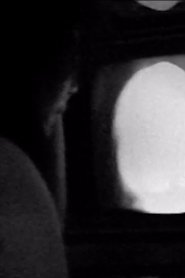detail profile shigeko kubota

Shigeko Kubota
久保田 成子
atau dikenal sebagai
Riwayat Hidup
Shigeko Kubota was a Japanese video artist, sculptor and avant-garde performance artist, who mostly lived in New York City.
She was one of the first artists to adopt the portable video camera Sony Portapak in 1967.
Kubota is known for constructing sculptural installations with a strong DIY aesthetic, which include sculptures with embedded monitors playing her original videos.
She was a key member and influence on Fluxus, the international group of avant-garde artists centered on George Maciunas, having been involved with the group since witnessing John Cage perform in Tokyo in 1962 and subsequently moving to New York in 1964.
She was closely associated with George Brecht, Jackson Mac Low, John Cage, Joe Jones, Nam June Paik, and Ay-O, other members of Fluxus.
Kubota was deemed "Vice Chairman" of the Fluxus Organization by Maciunas.
Info Pribadi
Peran Yang Di Mainkan Shigeko Kubota
 Video began as a medium that...
Video began as a medium that...KIKAIDE MIRUKOTO = Eye Machine / To See by Chance –The Pioneers of Japanese Video Arts– 2013
Video began as a medium that inspired discovery. This art documentary traces the expressive roots of “media art” in Japan — works of video, performances, and installations created using video technology that allowed for free and creative visual expression.
 Father why did you die With...
Father why did you die With...My Father 1975
"Father, why did you die?" With this deeply intimate statement of grief, Kubota mourns the death of her father. Video and television are central to her ritual of mourning, and allow her father to assume a presence after death. Kubota and her father, who was dying of cancer in Japan, are seen watching television together on New Year's Eve. The suffering of father and daughter is rendered even more poignant when contrasted with the everyday banality of the pop music and New Year's celebrations on TV. After his death, Kubota weeps alone in front of a video monitor. Awash with tears and personal pain, My Father is a cathartic exorcism of grief, with video serving as witness and memory.
